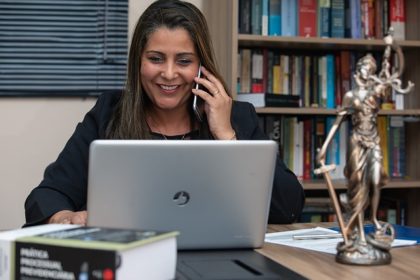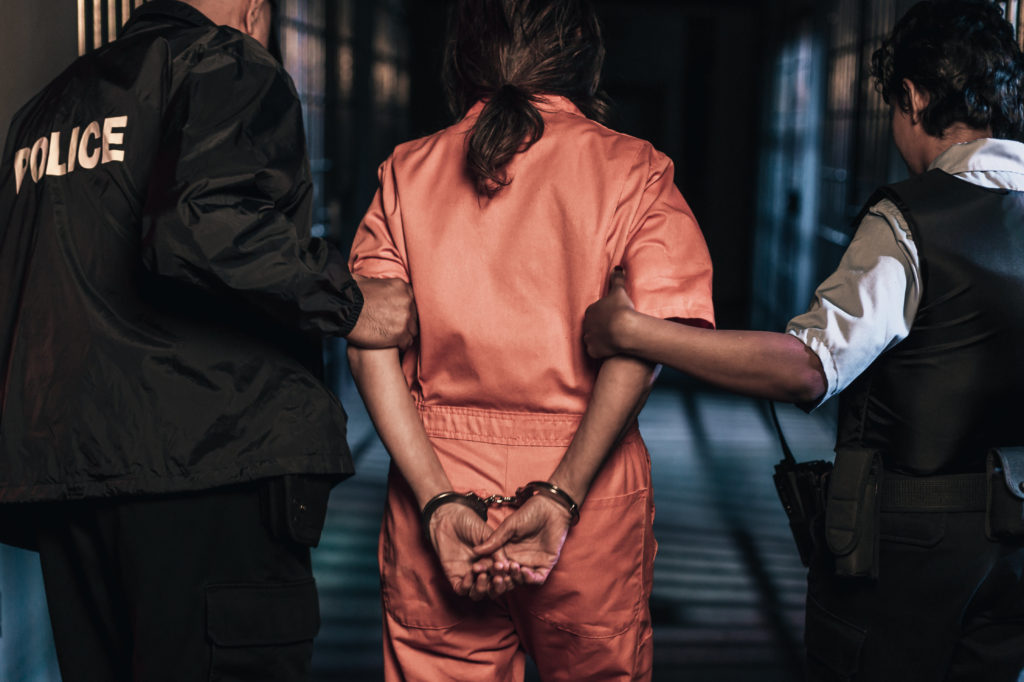Last Updated on February 9, 2023 by Michelle Ball
By Michelle Ball, Sacramento California Expulsion, Special Education, sports/CIF, College, Education and School Attorney/Lawyer for Students since 1995
Usually when minor students are in trouble at school, the school administration will interview them. Once in a while, I hear about police conducting interviews. This may or may not be appropriate, depending on the student offense being alleged and the type of interview.
There are legal mandates in California which restrict custodial police interrogations of minors in school unless certain steps are taken first.
School Staff Should Conduct Discipline Interviews

For the most part, school staff, such as vice principals, conduct student discipline investigations. They are the ones to interview a student up for suspension, expulsion or other discipline.
School staff also interview any potential witnesses, gather video or social media evidence, teacher statements, search backpacks (if they have reasonable suspicion), and put everything together to punish a student.
The quality of these school investigations is minimal at best, as leading questions are used, guilt is often presumed prior to interviewing the accused student, unreliable hearsay (he said she said) to prove guilt is rampant, and school staff tend to do weak investigations. Innocent students may be swept away in the joke that school investigations are.
As a parent would investigate their own child’s wrongs, school staff (who stand in the place of parents while students are in school) conduct student discipline investigations. Students usually should not have to deal with the police at school.
Miranda Warnings for Minors
If police do show up, in most situations minor students cannot waive their Miranda rights without a consultation with an attorney first.
For adult students (18 or over) a mandated attorney consultation is not required prior to a Miranda waiver.

Which Students Must Have an Attorney Consultation Prior to Waiving Rights?
In California, any minor student being subjected to custodial interrogation by police, unless it is an emergency situation (see below), is entitled to an attorney consultation prior to waiving their Miranda warnings and proceeding with a custodial police interview.
Per Welfare and Institutions Code 625.6(a):
(a) Prior to a custodial interrogation, and before the waiver of any Miranda rights, a youth 17 years of age or younger shall consult with legal counsel in person, by telephone, or by video conference. The consultation may not be waived.
This is a great protection for minor students.
Emergency (Imminent Threat) Police Interviews
If an imminent threat exists, police may seek a Miranda waiver from the minor student without providing an attorney consultation first.
Per Welfare and Institutions Code 625.6(c) skipping the attorney consultation may occur if:
(1) The officer who questioned the youth reasonably believed the information the officer sought was necessary to protect life or property from an imminent threat.
AND
(2) The officer’s questions were limited to those questions that were reasonably necessary to obtain that information.
So, if there were a suspected ticking time bomb under the school which was to go off in 10 minutes, cops may allege they were entitled to seek a Miranda waiver from the minor student, without getting an attorney on the line first.

However, the minor student can still refuse to speak with the police, if they exercise their Miranda rights.
When Is This Relevant?
These legal protections are very relevant when cops are trying to question a minor student about their alleged wrong, as they protect the student.
Or, if the student talked, and their rights were breached in the process, their defense attorney may try to use the lack of the mandatory attorney consultation prior to a Miranda waiver to try to exclude the evidence gathered by police.
These protections may or may not be relevant in school discipline hearings, depending on if police interviewed the student.
Parents can lodge objections to any data obtained improperly by police at an expulsion hearing. Whether the expulsion panel cares is a different matter.
When Is This NOT Relevant

This is not relevant when a student is not in custody. If a student is free to leave at any time and clearly knows this, these protections may not apply as this may not be “custodial” interrogation of a student (but it also depends on the circumstances).
What amounts to “custodial interrogation” and what is not is a huge topic on its own and can be open to debate. This is not a blog on what custodial interrogation is or is not.
Cops Probably Hate This Rule
I have heard that police may dislike this rule. They now cannot run rampant over minor students to pressure them into confessing to their crimes, without jumping through annoying hoops first. What student isn’t intimidated by a burly cop or two standing over them, while trapped in a tiny school office, pressuring them to answer questions?

I am intimidated just picturing it. How would a minor student feel?
Couple this with the physical size of the student being questioned, their maturity level, their age, and their ability to stand up to threats such as “tell us or you will be expelled,” or “confess or you will go to jail.” Scary stuff, but it unfortunately happens.
Students may confess to the wildest falsest things just to escape police interrogation and intimidation.
Parents Beware
Parents need to be aware of this law and what it does to protect students from the police. Students often don’t have a chance against a room full of cops.
Students have a tough enough time standing up to the vice principal (VP) when being questioned, simply due to the VP’s status as an authority figure.
Add a uniformed cop in there, and there are even bigger issues.
Michelle Ball is a California attorney for students, helping students with expulsions, suspensions and various school discipline problems since the 1990s. As a lawyer in Sacramento, Michelle can address school problems anywhere in the state, including in Redding, Chico, Bakersfield, Fairfield, Burbank and Folsom.




